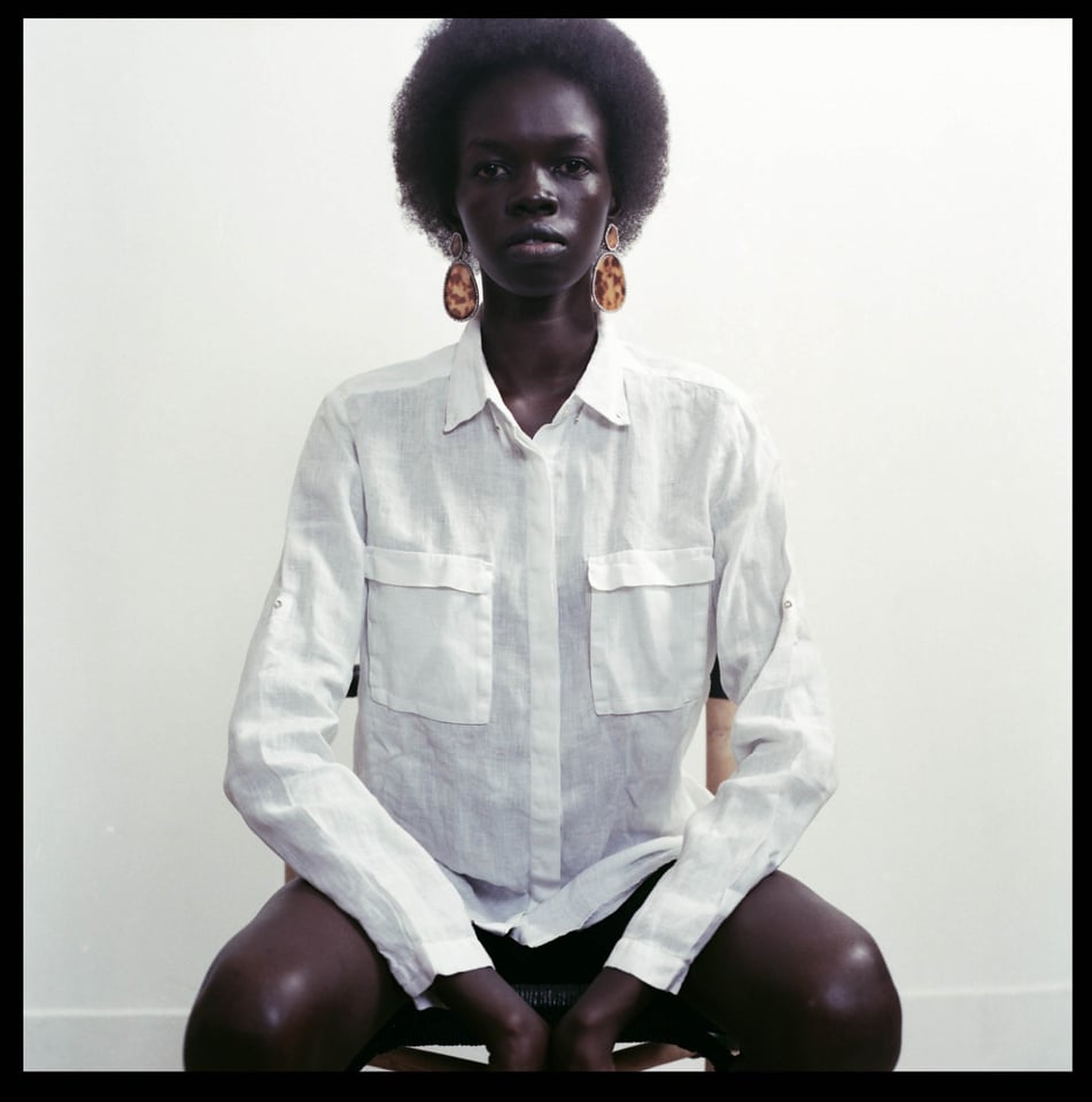
“I always wanted to be a model, but I never thought that I could actually be one,” 20-year-old Adhar Abiem says, “it was considered to be something completely out of my league.”
For many of us, modeling is often seen as something that is beyond us – it’s artificial, unreal, imaginary. There is the artistic element to it, which gives it this ethereal feeling, but there’s also the humane side to it that can empower and amplify different voices and faces.
For a refugee like Adhar, who left her home in South Sudan due to the ongoing war and came to Egypt in 2014 to continue her studies, walking in the streets is a struggle on its own. “Going to school or even to the grocery store is a struggle, because I hear racial slurs nearly every day. I remember one day going to school with my friend and someone threw something at us and yelled derogatory terms in Arabic and his friends laughed. Sometimes they even reach out and pull our hair, then laugh and run,” she says.
But the modeling job, according to her, helped change all of that. “Here in Egypt, the modeling industry is a different world. People don’t really focus about how you look or what your color is or your religion, it’s just about you, your work and your impact,” she says, “it’s a job that helps me express myself through art.”
Adhar was first scouted by chance on Instagram by Australian modeling agency Azaelia Models, and then later began working with the leading modeling agency in Egypt UNN Models. Founded in October 2018 by Egyptian model Iman Eldeeb, the agency aims to challenge existing stereotypes of beauty and open new doors for self-expression. With very few modeling agencies in the Arab world and Africa, the agency aims to change that by highlighting African and Arab beauty and push it to compete on a global scale.
As of today, they have models signed with several international modeling agencies in Barcelona, Paris, Milan, Dubai, Singapore, and Mumbai, as well as in London, Sydney and the U.S.A.
“For me, modeling happened by chance, but it also introduced me to another really spectacular world and travel to various fashion cities, and I believe that it could help other people like myself to discover other worlds like art,” Adhar says, “especially as a South Sudanese, because in South Sudan there is no modeling industry, it only exists in the West.”
RACISM IN THE INDUSTRY
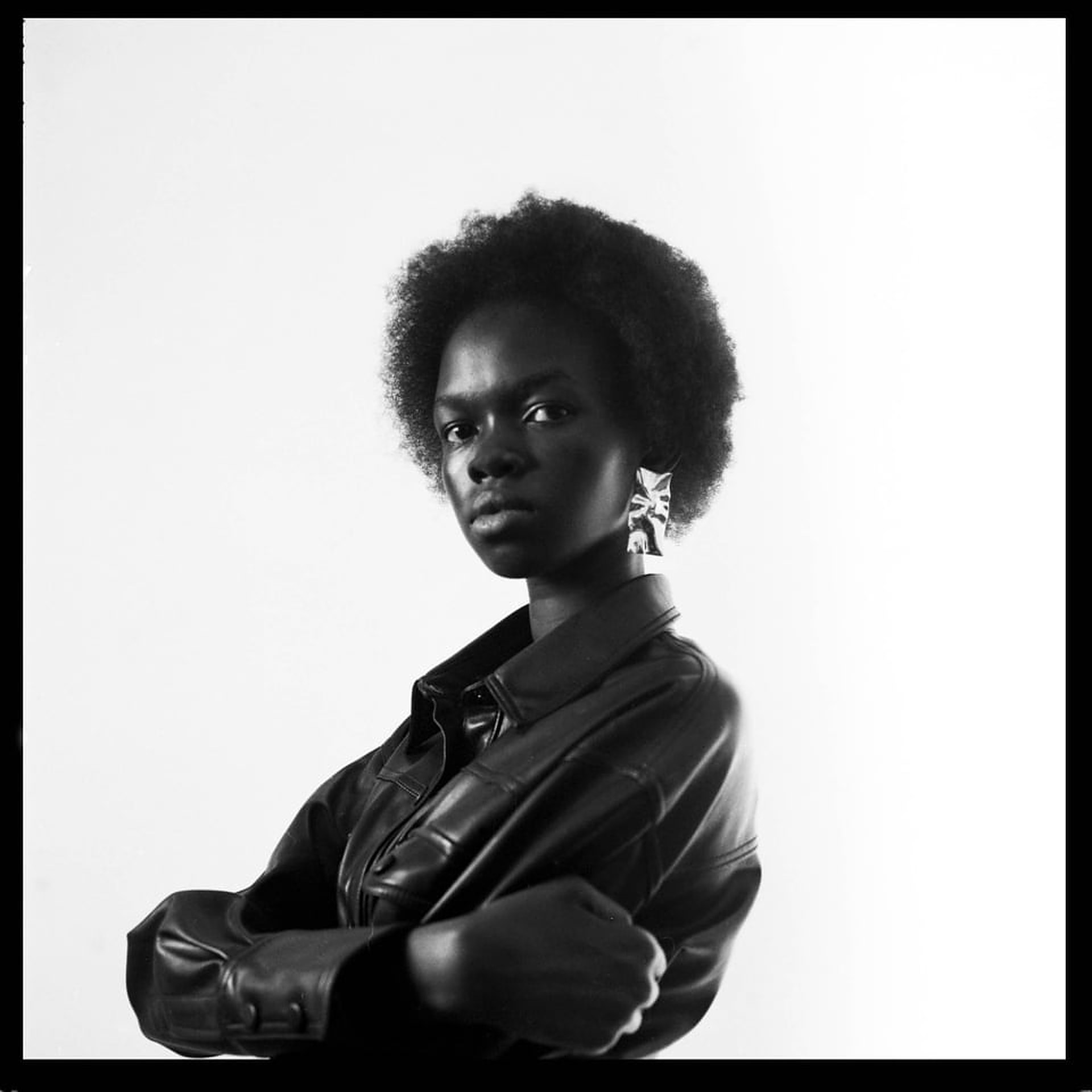
As the Black Lives Matter movement swept the world, models around the world have started speaking out against racism in the fashion industry, particularly in the West. Beverly Johnson, who is an American supermodel, actress and businesswoman, wrote an opinion piece discussing the racism she faced earlier on in the 70s, noting that black models are never as compensated as their white peers. “The industry was slow to include other black people in other aspects of the fashion and beauty industry,” she stated.
Other several models also came forward with their stories, such as Afro-Latinx model Joan Smalls, who released a video speaking about how she would excluded from certain opportunities due to her race and for her hair being “too difficult to work with.”
https://www.instagram.com/p/CBTO6hsFK7m/?utm_source=ig_embed
In Egypt, while beauty is often linked with foreign features not found in the common Egyptian, such as fair skin, colored eyes and straight hair, Adhar faced different experiences from her model friends in the West. “I have friends living in the West who work as models, and they always tell me that they do not feel comfortable because they are always judged on how they look, but the modeling industry here is actually more open,” she says.
“I don’t face the same struggles in the industry as they do there, and I think it’s because I am lucky with the agency I am working with as well. If we agree on certain hours, then it’s the final word, and if we agree on a certain outfit, then it’s this outfit. From the shooting side as well, if anything happens, we are always allowed to contact the manager and they always get back to the client and fix everything, and make sure the environment is safe for us and easy for us to work in,” Adhar adds.
Since modeling still has a negative connotation in Egypt, Iman was keen to make sure that she centralizes her models’ health and mental wellbeing, and that they also receive adequate care and training to overcome their families’ fears. “We make sure that we are present in every single step they take, because we are their mother agency and they are our responsibility,” Iman says.
MODELS AS ACTIVISTS
Modeling has now become more than just a job in fashion; it can also be used for activism and social impact. Aaron Philip, for instance, who is another model, announced that she would use her platform to educate others, share opportunities for black models as well as successful stories of inclusion and diversity.
Similarly, Adhar hopes to use her platform to create impact and represent her community. “As a model, I have a social media platform and a large following, and people from different races look up to me and support me, which helps me reach out to others and spread my message,” she says.
“I feel like I have the responsibility to let the world know how refugees live here and also to put spotlight on our life in Egypt as South Sudanese refugees. I also want to educate people in the Egyptian community on how to live more peacefully with people with different racial backgrounds,” Adhar adds.
After escaping war, Adhar says that entering the fashion world has helped transform her life, as she feels privileged to be living in a safe place whiling doing what she loves. It is no longer a profession that is “beyond” her, but through discovering her own self-confidence and voice, she found it to be her own dream career.
“I feel really happy that I am making my dreams come true,” she says, “modeling gives me a voice to speak about myself and my community and present them to the world.”
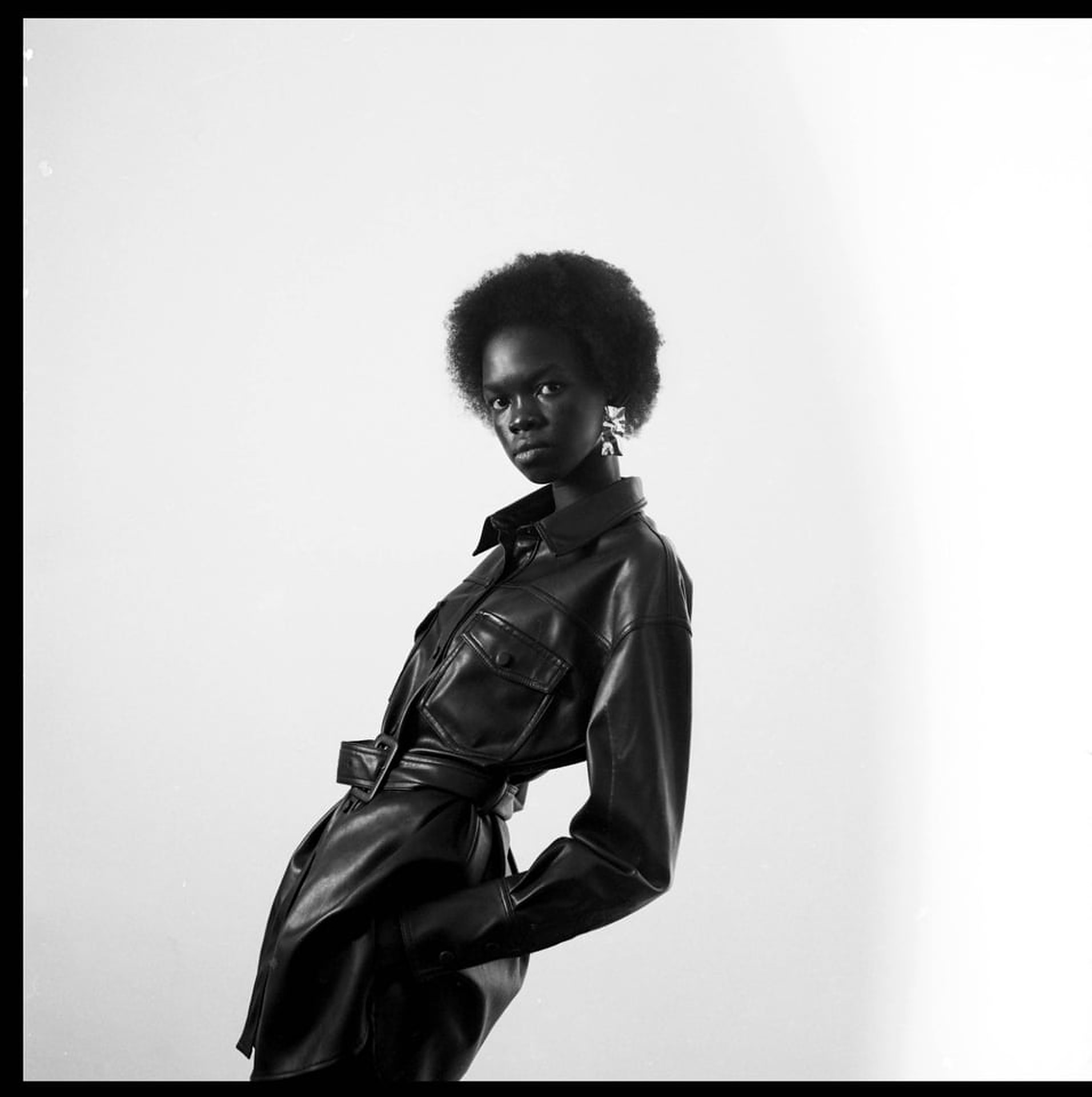



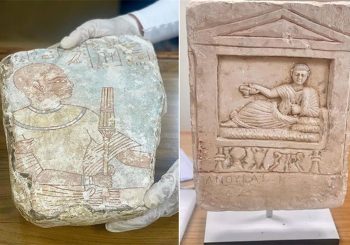

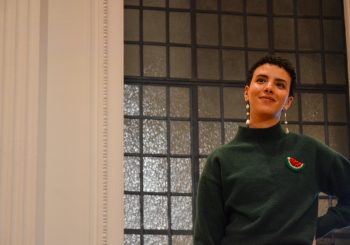
Comment (1)
[…] From Refugee to Fashion Model: Adhar Abiem’s Story in Egypt Egyptian Streets […]